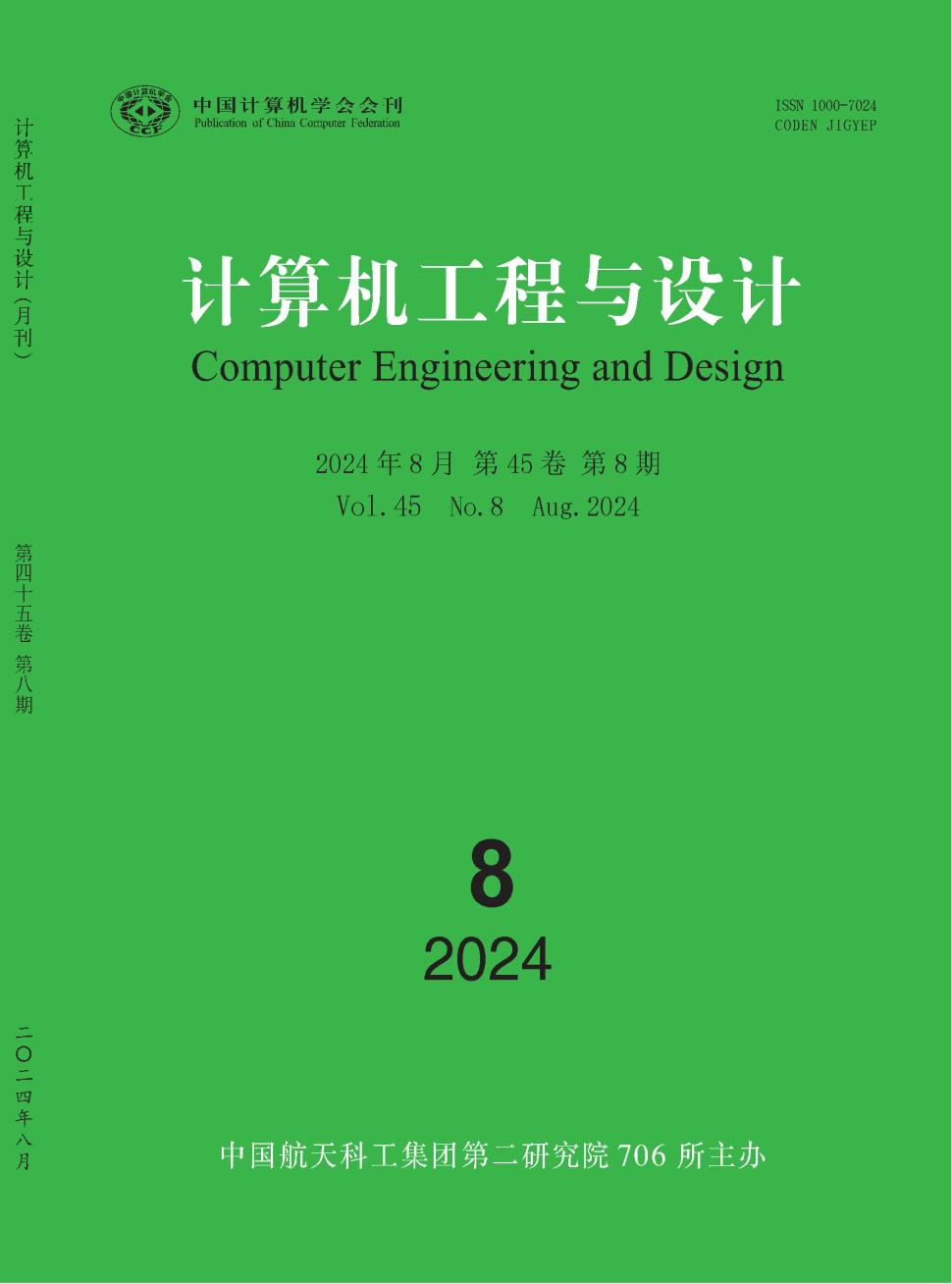Lightweight operation scheduling for self-powered IoT devices
引用次数: 0
Abstract
Perpetual operation is a potential necessity in self-powered IoT devices. System level low power optimization can significantly decrease the power consumption and increase system lifetime. Further, energy scavenging technologies have been proposed to improve the lifetime of such a system, up to perpetual operation. However, fixed duty cycle (active/sleep) operation can cause inefficiencies in the presence of variable input power; further, in cases of limited storage capacity and intermittent input power, the system’s perpetual operation is not guaranteed. Energy forecasting algorithms can propose adaptable duty cycles, at the expense of heavy computing workloads. In this paper, we propose adaptable duty cycle operation for energy efficient IoT sensor nodes, utilizing a very simple -and very lightweight - scheduling algorithm that depends only on the periodical provision of the accumulator’s state-of-charge. The proposed algorithm achieves energy balance in the presence of harvested energy and guarantees a minimum operation time in the absence of harvested energy.自供电物联网设备的轻量级操作调度
永久运行是自供电物联网设备的潜在需求。系统级低功耗优化可以显著降低功耗,延长系统寿命。此外,已经提出了能量清除技术,以提高这样一个系统的寿命,直到永久运行。然而,固定占空比(活动/睡眠)操作可能导致在可变输入功率的存在下效率低下;此外,在存储容量有限、输入电源时断时续的情况下,不能保证系统的永续运行。能源预测算法可以提出适应性强的占空比,但代价是繁重的计算工作负载。在本文中,我们提出了节能物联网传感器节点的自适应占空比操作,利用一种非常简单且非常轻量级的调度算法,该算法仅依赖于蓄电池的充电状态的周期性提供。该算法在有收获能量时实现能量平衡,在没有收获能量时保证最小的运行时间。
本文章由计算机程序翻译,如有差异,请以英文原文为准。
求助全文
约1分钟内获得全文
求助全文
来源期刊
自引率
0.00%
发文量
20353
期刊介绍:
Computer Engineering and Design is supervised by China Aerospace Science and Industry Corporation and sponsored by the 706th Institute of the Second Academy of China Aerospace Science and Industry Corporation. It was founded in 1980. The purpose of the journal is to disseminate new technologies and promote academic exchanges. Since its inception, it has adhered to the principle of combining depth and breadth, theory and application, and focused on reporting cutting-edge and hot computer technologies. The journal accepts academic papers with innovative and independent academic insights, including papers on fund projects, award-winning research papers, outstanding papers at academic conferences, doctoral and master's theses, etc.

 求助内容:
求助内容: 应助结果提醒方式:
应助结果提醒方式:


